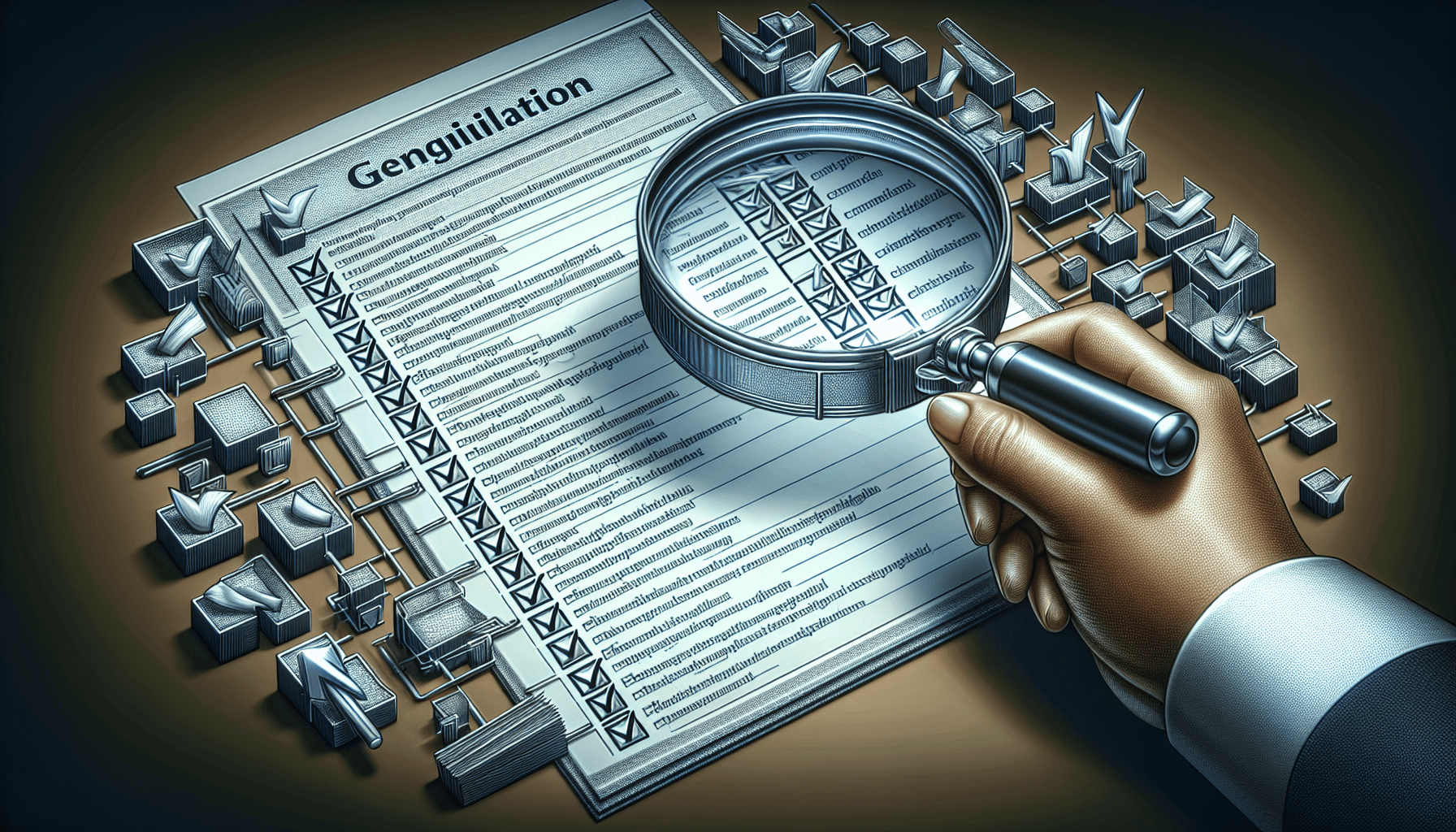In today’s digital age, ensuring the security of sensitive data stored in the cloud is essential for businesses of all sizes. Compliance audits play a critical role in verifying that cloud service providers are meeting security standards and regulations. To successfully navigate these audits, it is important to consider factors such as data encryption, access control, and regulatory compliance. By prioritizing these key considerations, you can effectively strengthen your cloud security posture and protect your organization from potential threats.
Compliance Audits: Key Considerations For Cloud Security
Have you ever wondered what goes on during a compliance audit for cloud security? Understanding the key considerations can help ensure that your organization meets necessary standards and regulations. In this article, we will delve into the important aspects of compliance audits for cloud security and provide valuable insights to help you navigate this crucial process effectively.

Understanding Compliance Audits
Compliance audits are conducted to assess whether an organization is following specific regulations, standards, or guidelines. When it comes to cloud security, compliance audits are crucial for ensuring that sensitive data is protected and that systems are secure. Organizations may be subject to compliance audits due to regulatory requirements, industry standards, or contractual obligations.
Why are compliance audits important for cloud security?
Compliance audits are essential for cloud security because they help organizations identify and address potential security risks and vulnerabilities. By assessing adherence to standards and regulations, compliance audits can prevent data breaches, protect sensitive information, and maintain the trust of customers and partners.
Common Regulatory Compliance Standards
Various regulatory compliance standards apply to cloud security, depending on the industry and location of the organization. Some of the most common regulatory compliance standards include:
| Regulatory Body | Compliance Standard |
|---|---|
| PCI Security Standards Council | PCI DSS (Payment Card Industry Data Security Standard) |
| Health Insurance Portability and Accountability Act (HIPAA) | HIPAA Security Rule |
| General Data Protection Regulation (GDPR) | GDPR requirements |
Understanding these standards is essential for ensuring compliance with regulatory requirements and protecting sensitive data in the cloud.
Conducting a Cloud Security Risk Assessment
Before undergoing a compliance audit, organizations should conduct a thorough cloud security risk assessment. This assessment helps identify potential security vulnerabilities, assess the effectiveness of security controls, and prioritize areas for improvement.
Consider working with a third-party cybersecurity firm to conduct a comprehensive risk assessment that evaluates your cloud infrastructure, security protocols, and data protection measures.
Implementing Security Policies and Procedures
Developing and implementing robust security policies and procedures is crucial for maintaining compliance with regulatory standards and ensuring effective cloud security. Security policies should address access control, data encryption, incident response, and compliance monitoring.
Regularly review and update your security policies and procedures to adapt to evolving threats and changes in regulatory requirements. Make sure that all employees are trained on security protocols to promote a culture of security awareness within your organization.

Secure Data Encryption and Storage
Data encryption is a fundamental aspect of cloud security, especially when storing sensitive information in the cloud. Encrypted data is rendered unreadable to unauthorized users, providing an additional layer of protection against data breaches.
Implement strong encryption algorithms and key management practices to protect sensitive data in transit and at rest. Regularly audit encryption mechanisms to ensure that they meet industry standards and compliance requirements.
Access Control and Identity Management
Effective access control and identity management are critical for preventing unauthorized access to sensitive data in the cloud. Implementing strong authentication measures, including multi-factor authentication and role-based access controls, can help protect against data breaches and insider threats.
Conduct regular access control audits to review user permissions, identify potential vulnerabilities, and enforce least privilege principles. Monitor and track user activity to detect suspicious behavior and unauthorized access attempts.
Incident Response and Disaster Recovery Planning
Having a robust incident response plan and disaster recovery strategy in place is essential for mitigating the impact of security incidents and ensuring business continuity in the event of a data breach. Organizations should regularly test their incident response procedures and recovery mechanisms to ensure effectiveness.
Develop a response plan that outlines roles and responsibilities, escalation protocols, and communication procedures in the event of a security incident. Regularly conduct simulated exercises and tabletop drills to assess the readiness of your incident response team.
Continuous Compliance Monitoring and Auditing
Compliance monitoring should be an ongoing process to ensure that your organization maintains compliance with regulatory standards and security best practices. Regular audits, assessments, and reviews help identify compliance gaps and security vulnerabilities that need to be addressed.
Implement automated monitoring tools and security solutions that provide real-time visibility into your cloud environment, alerting you to potential security incidents and compliance violations. Regularly conduct internal audits and engage third-party auditors to validate compliance and security practices.
Conclusion
Compliance audits are a critical component of cloud security, helping organizations ensure that they meet regulatory requirements, protect sensitive data, and maintain the trust of stakeholders. By understanding the key considerations for cloud security compliance audits and implementing best practices, organizations can strengthen their security posture and minimize the risk of data breaches. Remember to stay proactive, vigilant, and informed to navigate the complexities of compliance audits effectively.



